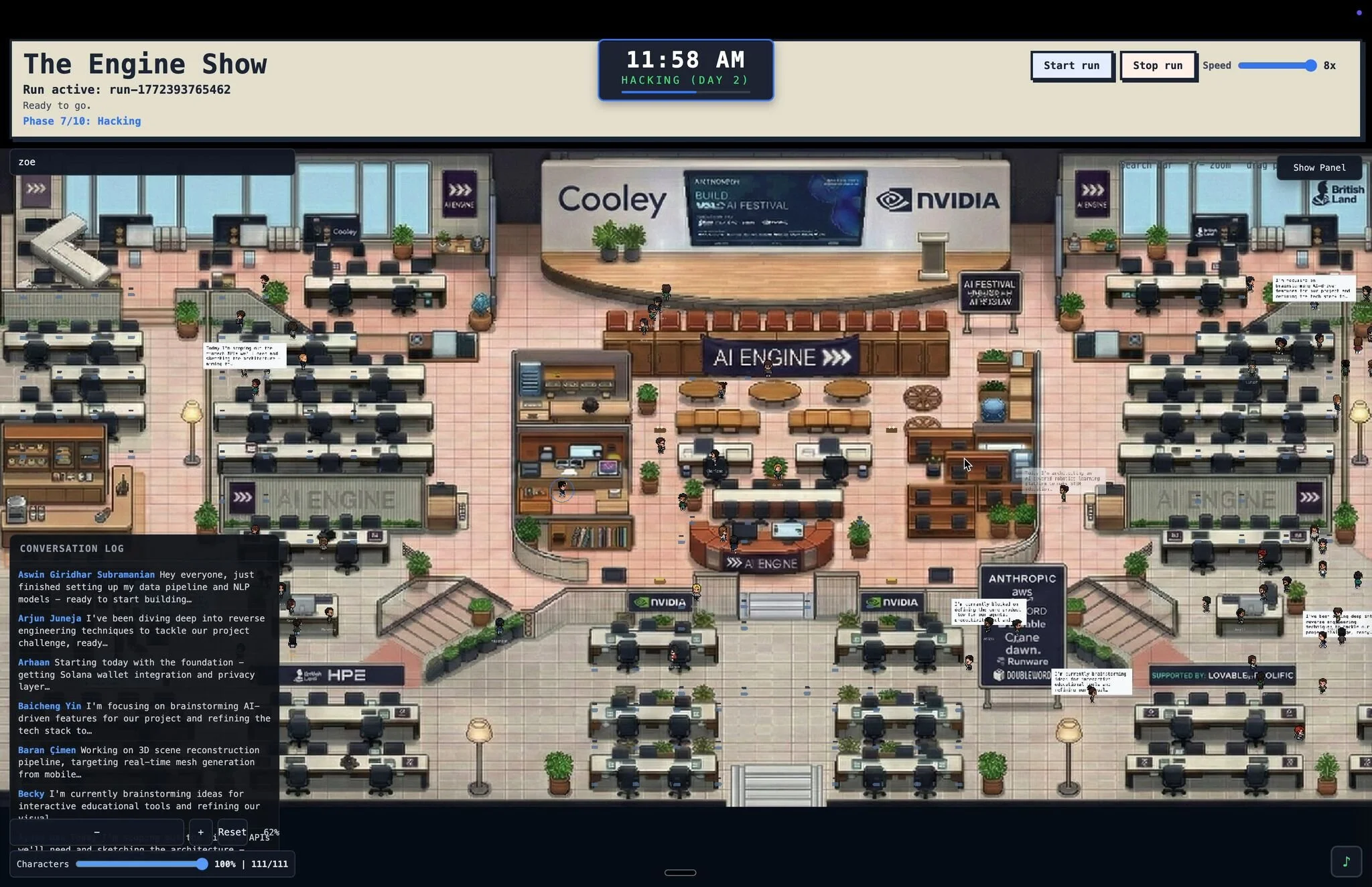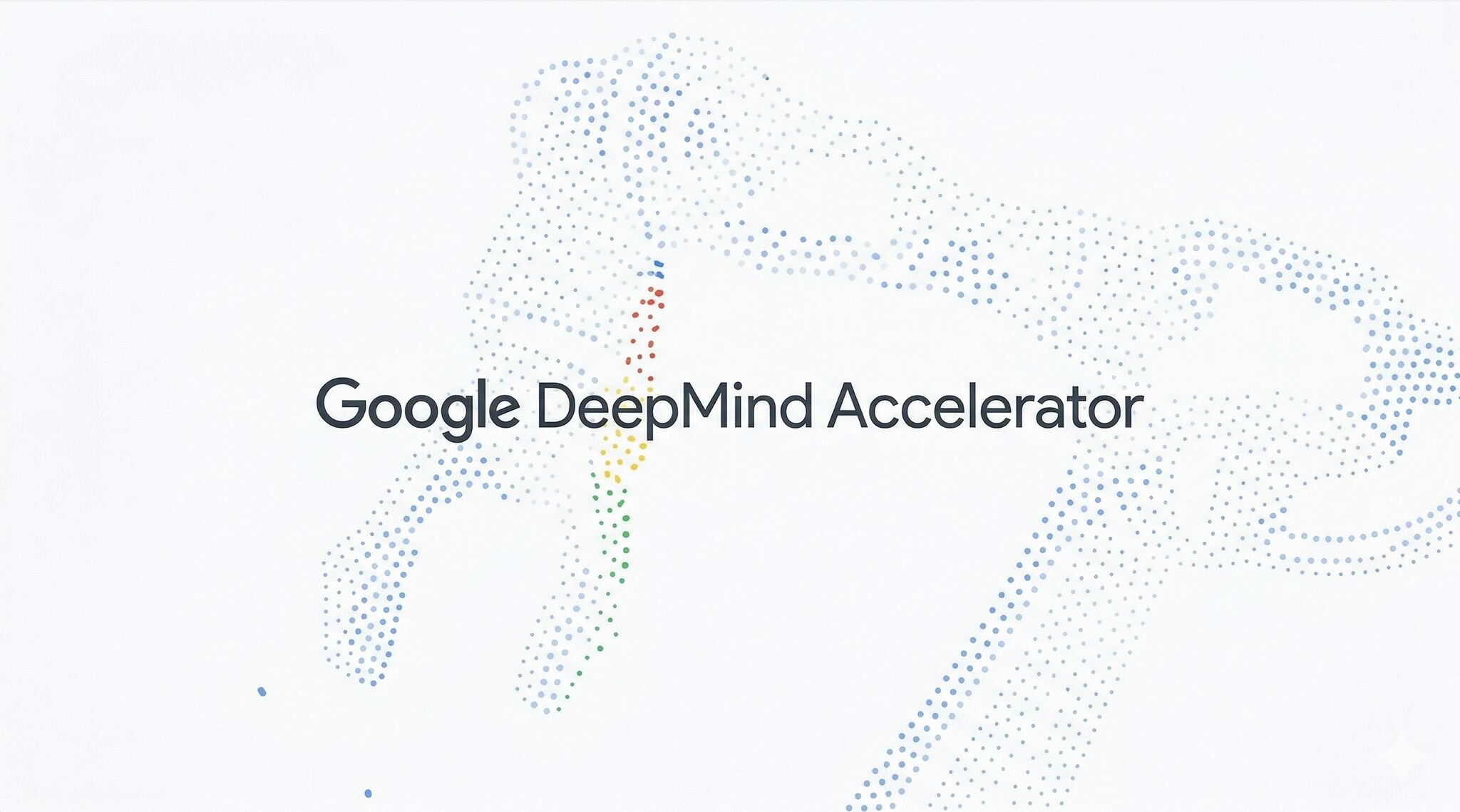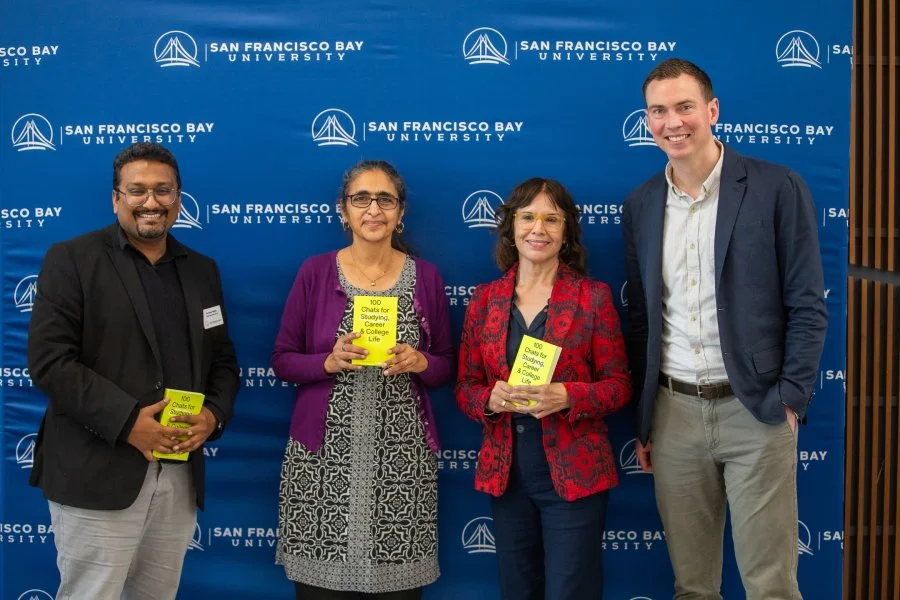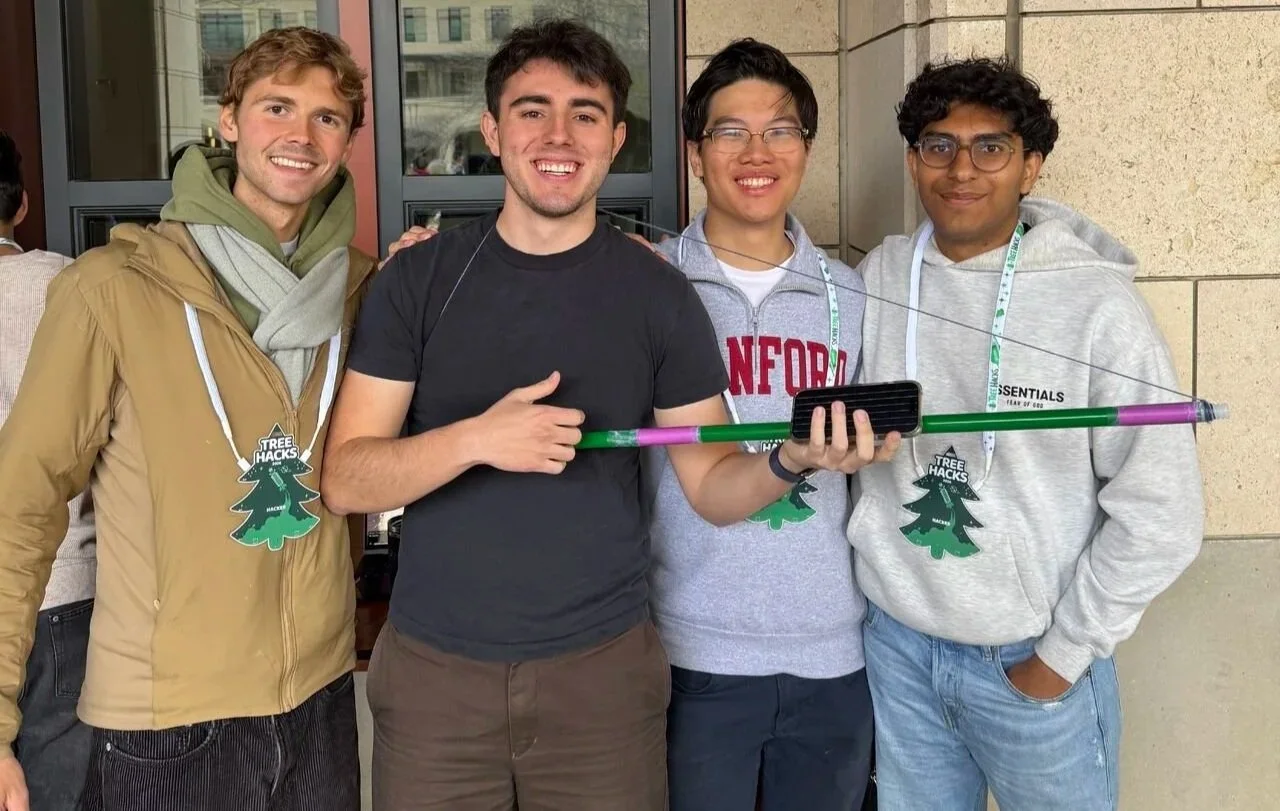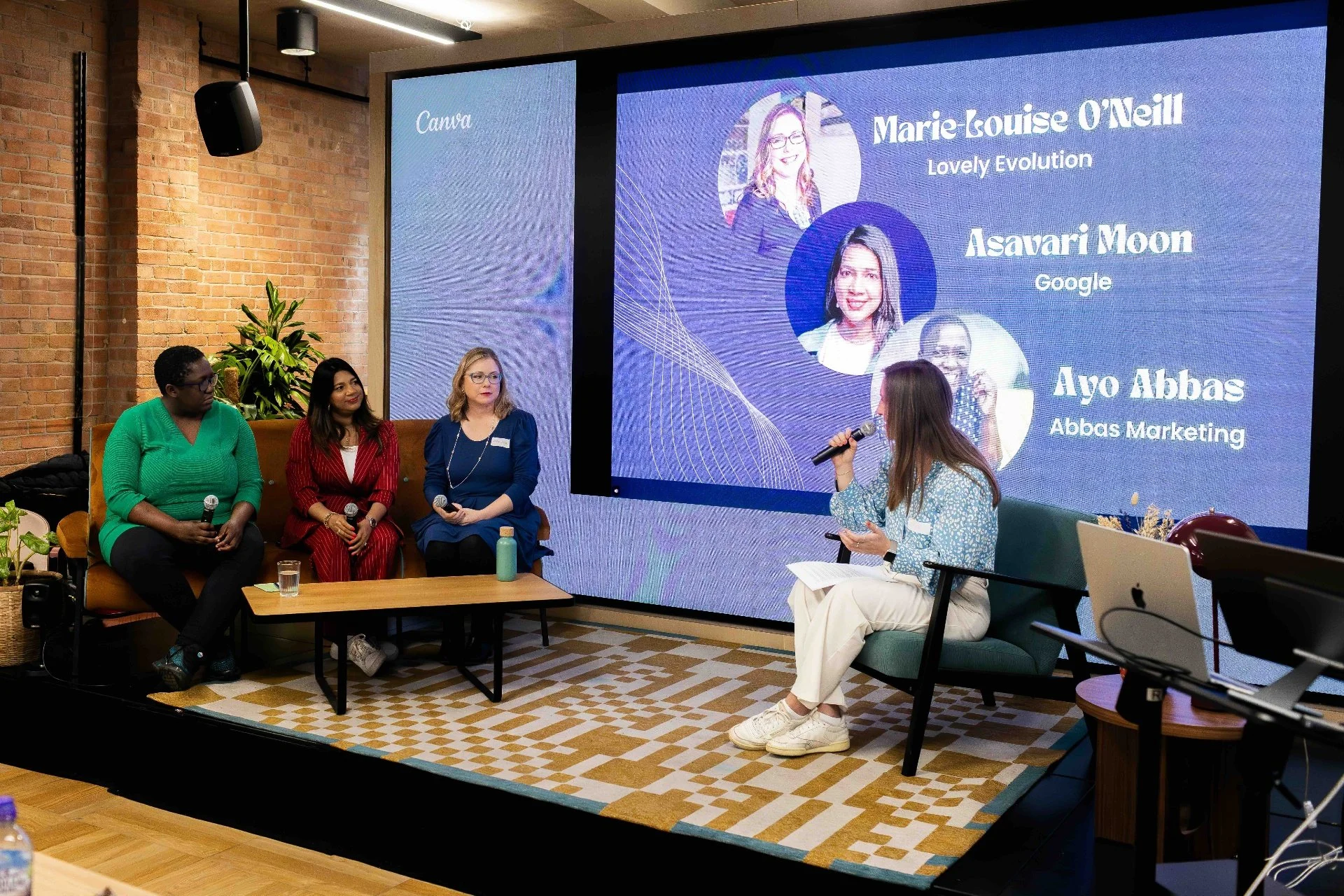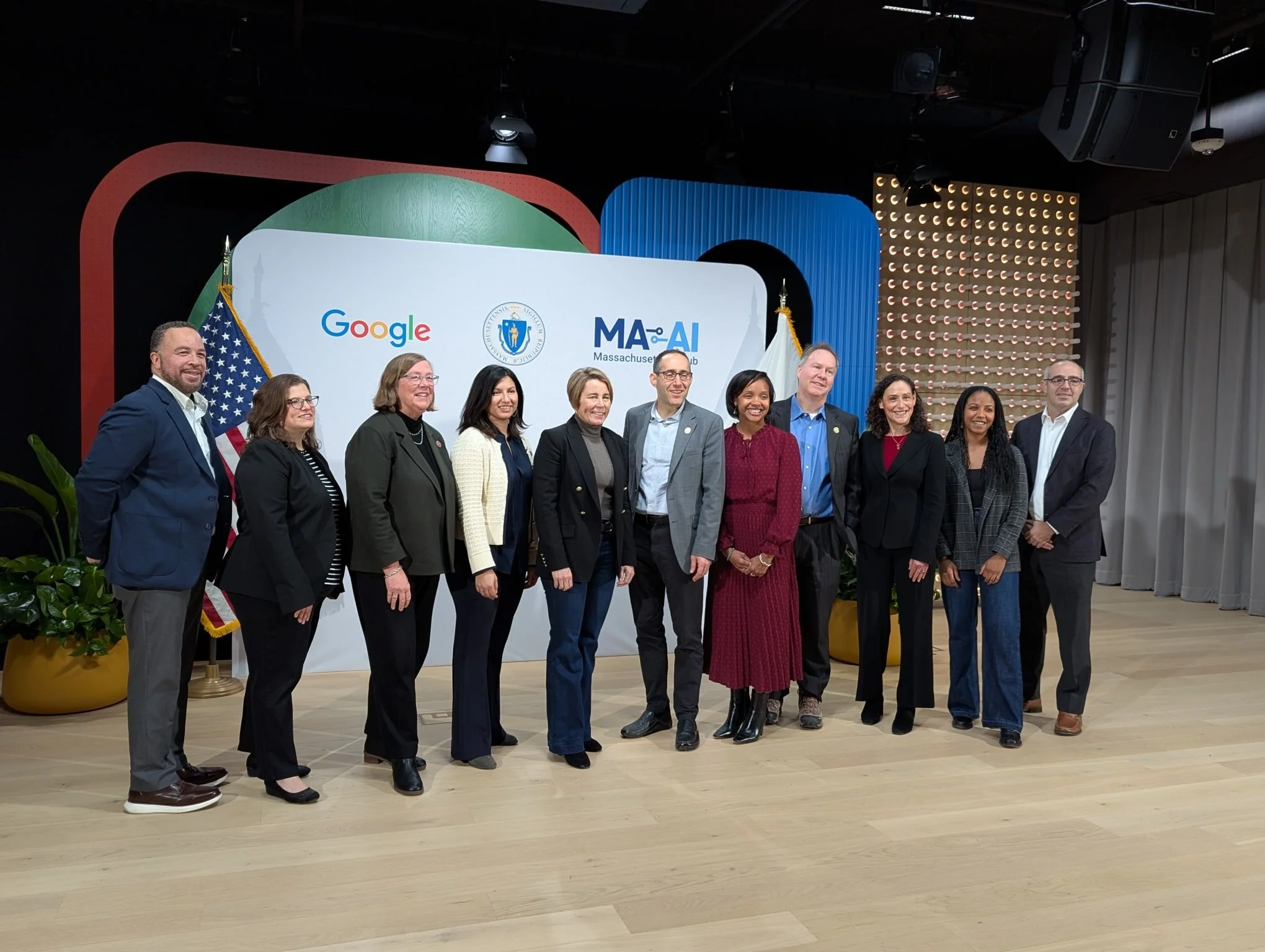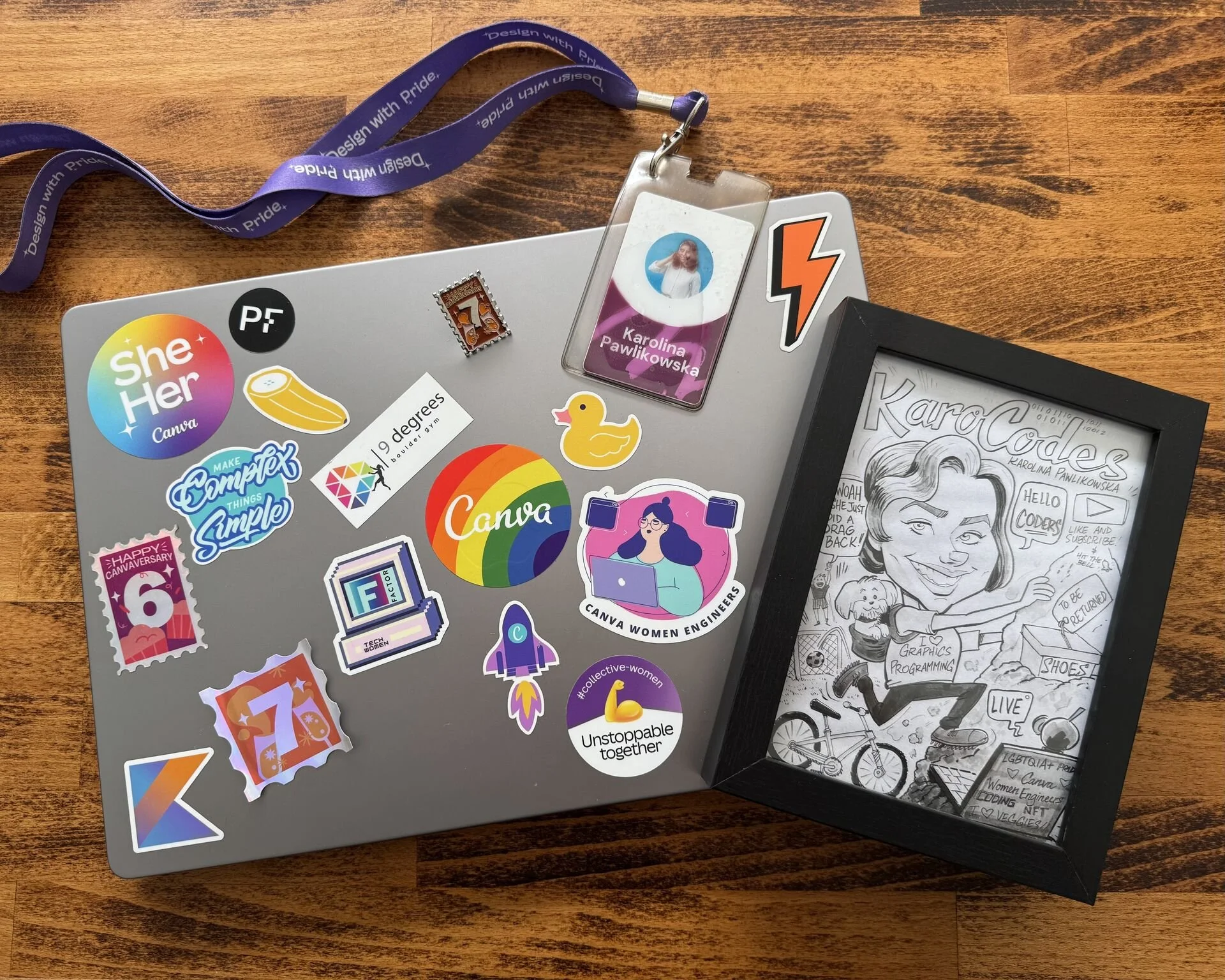Top ten EdTech stories of the week: AI tools, safety debates, and curriculum access lead this week’s round-up
From Google’s new AI-powered language tools to OpenAI safety controversies and the launch of the US Presidential AI Challenge, here are the ten stories shaping education technology this week.
This week’s EdTech headlines reflect major moves in policy, product development, and AI ethics. Google Translate is going head-to-head with Duolingo with new AI-powered learning tools, while lawsuits and safety initiatives raise fresh questions about responsible AI.
Turnitin and ChatGPT for Education launch new student-facing features, Oak opens up curriculum APIs, and Udemy shares strong Q2 momentum in AI and skills. Here are the top ten stories of the week:
10. Udemy CEO highlights Q2 growth and AI skills push in LinkedIn update
In at number ten, Udemy CEO Hugo Sarrazin used a LinkedIn post to share details of Q2 performance, highlighting subscription growth, enterprise partnerships, and the platform’s positioning as an “AI-powered skills acceleration” marketplace. New AI-driven features like Role Play and the Assistant tool are part of a wider effort to scale personalized learning and global reach.
9. UNESCO’s Fengchun Miao unpacks China’s new AI content ID rules
Taking the ninth spot, UNESCO’s Chief of Technology and AI in Education, Fengchun Miao, shared a breakdown of China’s upcoming AI content identification framework. The regulation, which takes effect on 1 September 2025, mandates both visible and metadata-based markers on synthetic content, a move that could set global precedents for AI content transparency and compliance.
8. Oak National Academy opens curriculum API for free EdTech use
At number eight, Oak National Academy has announced free developer access to its curriculum-aligned content through a new API. Licensed under the Open Government Licence, the tool gives EdTech developers access to lesson plans, slides, quizzes, and more—offering new opportunities to enrich AI tools, quiz platforms, and other learning solutions with structured resources.
7. ChatGPT for Education launches flashcard generator QuizGPT
AI is back again in the seventh spot, as ChatGPT for Education unveils QuizGPT—a feature that lets students create interactive flashcards from notes or uploaded files. The feature, which is free for all users, supports retrieval-based learning methods and works across both desktop and mobile. Students can upload lecture slides or PDFs to create personalized study tools on the fly.
6. Turnitin adds AI bypasser detection to flag disguised AI writing
And in at number six, Turnitin has launched a new detection feature that flags AI-generated text modified by humanizer tools to evade detection. The addition runs inside Turnitin’s existing academic integrity platform, helping educators spot disguised use of ChatGPT-style content in student submissions. It marks a response to a growing “bypasser” tool industry targeting education.
5. First Lady launches US Presidential AI Challenge for K–12 students and teachers
Kicking off the top five, First Lady Melania Trump has announced the Presidential AI Challenge, a nationwide initiative inviting K–12 students and educators to design AI-powered solutions to local issues. The challenge includes categories for students and educators, with prizes ranging from certificates to $10,000 in funding. Projects must be submitted by January 2026, with a White House showcase planned for the national winners.
4. One-third of British parents considering homeschooling, says new survey
In at number four, a new survey commissioned by Wolsey Hall Oxford finds that 32 percent of British parents are considering homeschooling. Mental health concerns, bullying, and large class sizes were among the top reasons cited. The results suggest growing demand for flexible alternatives to traditional schooling, with many parents saying today’s education system isn’t preparing children for real life.
3. OpenAI and Anthropic cross-test models in rare joint safety evaluation
Taking the number three spot, OpenAI and Anthropic have published results from a joint safety exercise, in which each lab tested the other’s AI models under controlled adversarial conditions. Both Claude and GPT models showed signs of sycophancy and susceptibility to misuse, though no severe misalignment was found. The companies say the collaboration is part of ongoing efforts to improve transparency and safety in frontier AI systems.
2. Lawsuit filed against OpenAI as company outlines new safety protections
Just missing the top spot, OpenAI and CEO Sam Altman are facing a lawsuit from the parents of a 16-year-old who died by suicide. The case alleges ChatGPT validated the teenager’s thoughts and drafted suicide notes. In response, OpenAI outlined upcoming safety features for teens and vulnerable users, including emergency contacts, stronger model safeguards, and new crisis-response tools in GPT-5.
1. Google Translate challenges Duolingo with live AI translation and language learning tools
And in at number one, Google has rolled out new AI-powered features in the Translate app, including real-time audio translation and adaptive language learning exercises. The tools are now live in the US, India, and Mexico, with support for more than 70 languages. Google says the new features go beyond traditional translation and aim to help users build real-world communication skills, placing it in direct competition with Duolingo’s AI-first model.
The ETIH Innovation Awards 2026
The EdTech Innovation Hub Awards celebrate excellence in global education technology, with a particular focus on workforce development, AI integration, and innovative learning solutions across all stages of education.
Now open for entries, the ETIH Innovation Awards 2026 recognize the companies, platforms, and individuals driving transformation in the sector, from AI-driven assessment tools and personalized learning systems, to upskilling solutions and digital platforms that connect learners with real-world outcomes.
Submissions are open to organizations across the UK, the Americas, and internationally. Entries should highlight measurable impact, whether in K–12 classrooms, higher education institutions, or lifelong learning settings.
Winners will be announced on 14 January 2026 as part of an online showcase featuring expert commentary on emerging trends and standout innovation. All winners and finalists will also be featured in our first print magazine, to be distributed at BETT 2026.









